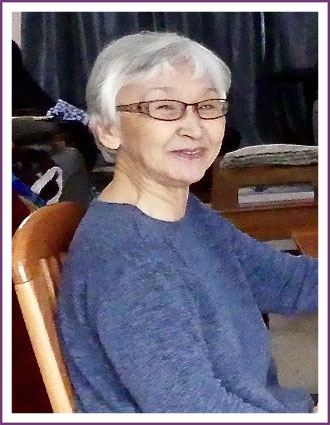EDNA (Ahgeak) MACLEAN, Ph.D.

Inducted: 2018
EDNA (Ahgeak) MACLEAN, Ph.D.
Dr. MacLean has been a teacher, scholar, community leader and policymaker whose work in education and the documentation of her Iñupiaq language continues to create opportunities and cultural connection for Alaska’s Iñupiaq people.
Raised bilingual, MacLean grew up at a time when children were punished for speaking their Native languages in school.
In 1976, with a Bachelors degree and teaching credential, MacLean was hired to develop and teach Iñupiaq language courses at UAF. A fluent speaker, she had to read and write the language for the first time and often found herself learning along with her students. She discovered a passion for the work and a love of research as she began documenting the Iñupiaq language and how best to teach it.
In 1987, MacLean became the state’s Special Assistant for Rural Education. Here, she began to see the effect of Alaska’s education practices on the success of Native students. Wanting a deeper understanding of the problem, she returned to school, to study the impact of the student and teacher relationship, particularly where they are of different cultures. Eventually, she earned an M.A. from the University of Washington and a Ph.D from Stanford University.
In 1995, MacLean was recruited to be the first president of Iḷisaġvik College, Alaska’s only accredited tribal college. There, she fulfilled the institution’s mission to train and educate residents for the jobs and opportunities in the region.
Throughout her career, Dr. MacLean has continued to document the Iñupiaq language. In 2014, she published an Iñupiaq language dictionary, the culmination of many years of scholarship. The dictionary is one element in her efforts to ensure that the language continues to be spoken and serves as “a source of strength” to her people.
View Extended Bio